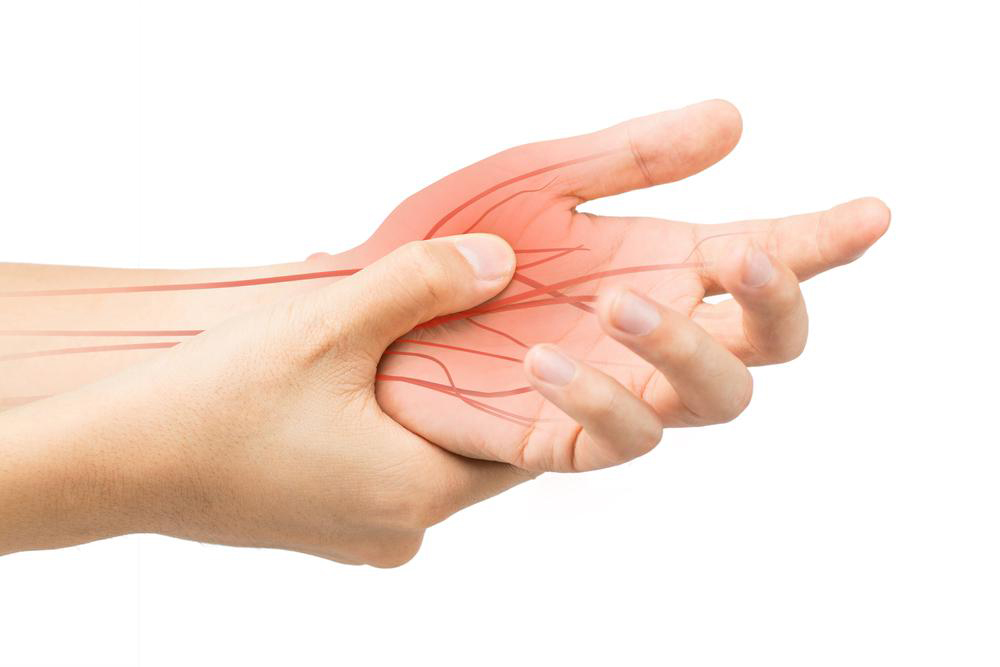Effective Strategies for Managing Nerve Pain
Learn effective strategies to relieve nerve pain, including dietary changes, heat and cold therapy, stretching, natural remedies like ginger and turmeric, and medication options. These methods can help manage discomfort and prevent nerve damage. Always consult a healthcare professional for personalized treatment plans to ensure safe and effective relief.

Managing Nerve Discomfort: Proven Techniques for Relief
Your nervous system governs essential functions such as breathing, movement, and sleep. Due to its widespread presence, nerves are susceptible to damage, which varies based on the affected fiber and location. This damage can cause symptoms including dizziness, excessive sweating, and other dysfunctions. Nerve injury often results in pain characterized by burning, tingling, or stabbing sensations in areas like the face, back, neck, hands, and feet. Fortunately, there are simple approaches to alleviate this pain and prevent serious complications from nerve damage.
Continue reading to explore effective relief methods.
Anti-inflammatory Eating Plan
Inflammation is a primary cause of nerve pain. Adopting an anti-inflammatory diet can significantly reduce nerve irritation. Focus on consuming healthy whole foods, avoiding processed and sugary items. Include in your diet:
Fresh fruits and vegetables
Green tea
Walnuts and almonds
Olive oil
Lean proteins like chicken and turkey
Seeds and legumes
Turmeric and ginger
Plenty of water
This dietary shift supports nerve health and eases discomfort.
Alternating Heat and Cold Therapy
Applying heat and cold alternately can provide rapid nerve pain relief. Heat relaxes tense muscles and diminishes pain signals, while cold numbs nerves and reduces sensitivity. Never apply ice directly; wrap it in a cloth or use frozen peas for cooling. Heat can be applied via warm towels, heating pads, or hot baths. Alternating these treatments helps manage spasms and pain effectively.
Stretching Exercises
Muscle tightness can aggravate nerve pain, especially if it compresses nerves. Gentle stretching can alleviate muscle tension, improve range of motion, and sometimes relieve pain instantly. Always consult a healthcare professional before stretching to avoid nerve injury.
Proteolytic Enzymes
Persistent inflammation can damage nerves. Proteolytic enzymes help control inflammation and prevent nerve deterioration. Since enzyme production declines after the 20s, supplementing them can reduce nerve pain and promote healing.
Hydration
Dehydration contributes to inflammation and increases nerve discomfort. Drinking sufficient water is a simple but effective way to maintain nerve and muscle health.
Natural Remedies: Ginger and Turmeric
Ginger possesses anti-inflammatory properties beneficial for nerve pain, which can be consumed in foods or beverages. Turmeric’s antiseptic qualities also help reduce nerve inflammation and pain.
Medications for Nerve Relief
Various drugs can alleviate nerve pain, depending on the cause and type. Always consult your doctor for an accurate diagnosis and suitable medication options. Common treatments include:
Anticonvulsants—Initially developed for epilepsy, these drugs are now primary options for nerve pain relief. Your doctor will select the appropriate medication.
Antidepressants—Used to treat nerve discomfort, particularly:
Tricyclic antidepressants—Effective but may not be suitable for individuals with heart conditions.
SNRIs—Safer alternatives with fewer side effects, effective for many patients.
Consult your healthcare provider to determine the best approach for your nerve pain management.
Note:
Our website offers comprehensive information across various health topics. Use the insights provided as a guide, but always seek professional medical advice for diagnosis and treatment. We do not guarantee accuracy or completeness, and some treatments or offers may vary. Stay informed and consult specialists for personalized care.










